The cause of this problem is one of the easiest to point out and one of the most difficult to deal with: the outline. Most stories require an outline, whether a formal written one or a casual, rough idea of a plot, to get off the ground. And while I cannot speak for every writer in the world, I have to imagine the outlining process for most has to work a lot like this:
Step 1: Come up with some really cool/necessary scenes for the story's plot
Step 2: Put them in a good order
Step 3: Fill in the gaps
We all create stories with an eye on certain scenes that we think are particularly important for the story, yet these often come at the expense of the rest of the story. To see how this happens, let's make up a story. For the sake of argument, let's imagine that this story we're working on is an 80's slasher film.
1) Take care with the connective tissue! Don't hurry this part, ask if it makes sense, and please, please, please just make sure that you've done your best to make everything make sense in a way that won't have your readers say 'OH, COME ON!' more than five times per book.
2) Don't fall in love with your big scenes (too much). This one's the hardest, I know, because a certain amount of love is necessary to pull most of these off in the first place, but it's probably the most necessary. When you fall in love with a particular scene, you want to mold the entire story around it, but in the end you need to look at the story as a complete organism, not just a bunch of parts thrown together a la Frankenstein's monster, because just like Frankenstein's monster, if some of your story parts work better than others, it still stands a chance of derailing your entire story, going on a violent rampage that might end in a misunderstanding with a small girl drowning in a lake, which we can't have.
So dear readers, are there any pet peeves in fiction that have always bugged you? Sound off in the comments below!
And as always, please drop me a line on Facebook or Twitter! I'm big into liking/following back!
Facebook: http://facebook.com/mattcarterauthor
Twitter: https://twitter.com/MCarterAuthor
-- Matt Carter
(We know there's a lot of Matt Carter's online you could spend your time with, so thanks for hanging around this one!)

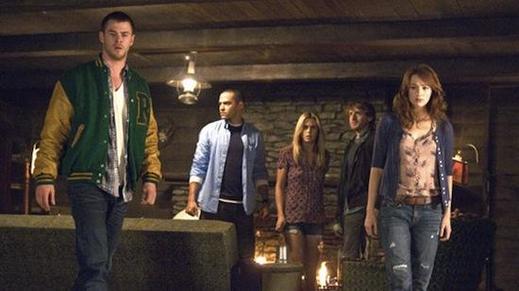

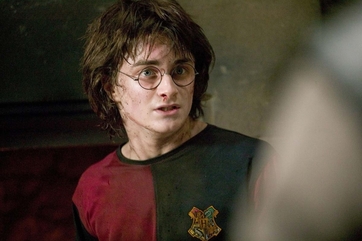

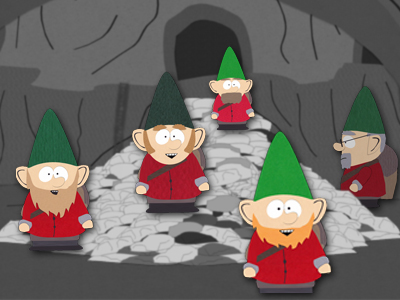
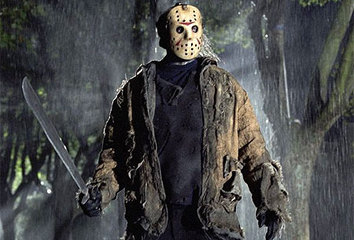
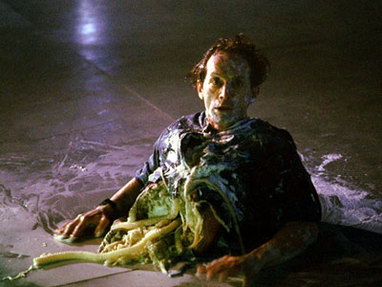
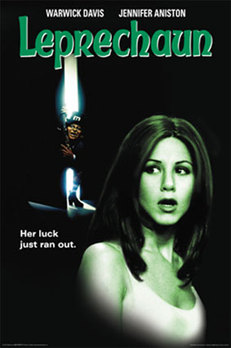
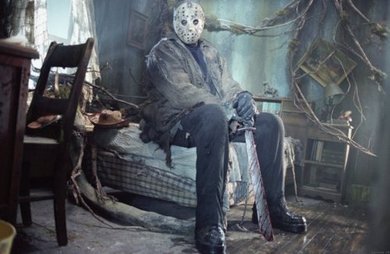
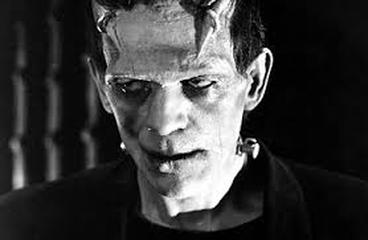
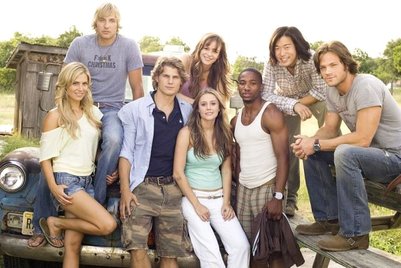
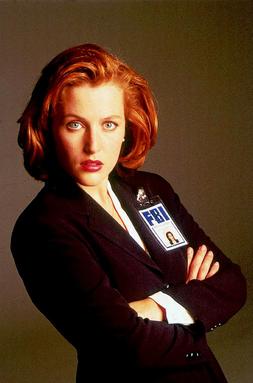

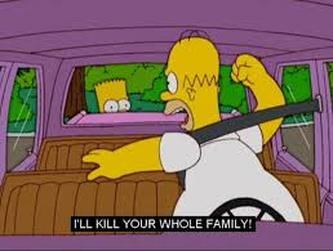
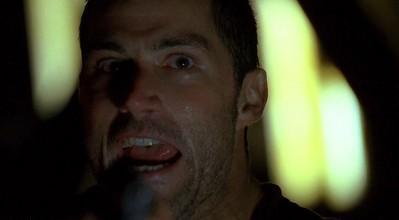
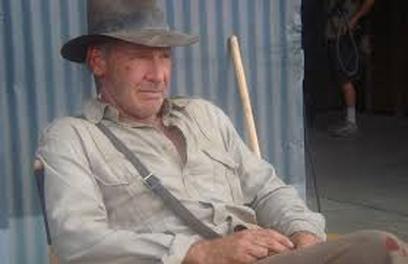
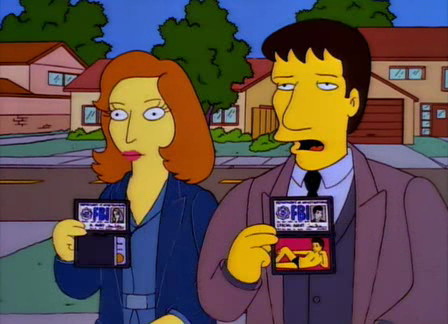
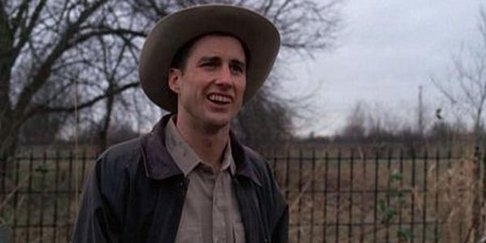
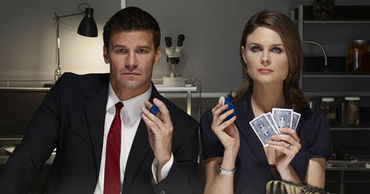
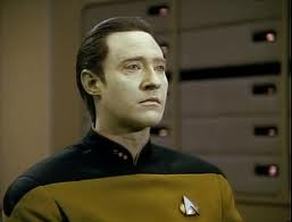
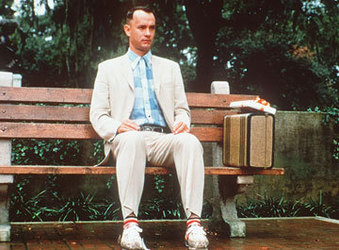
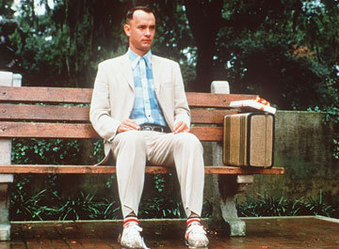
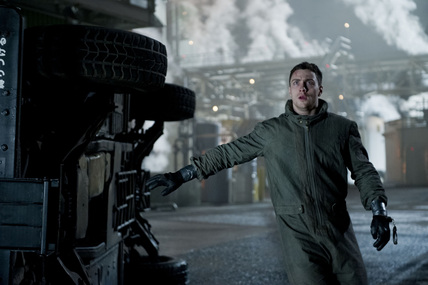

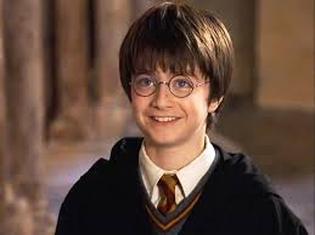
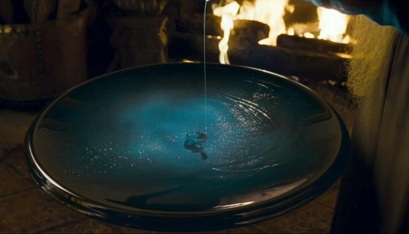
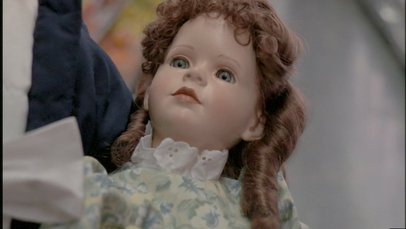
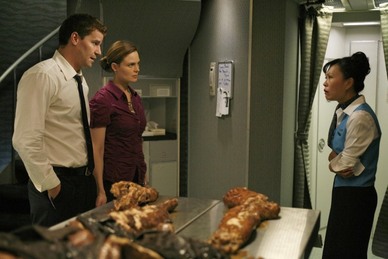
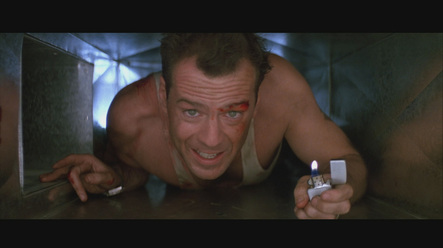
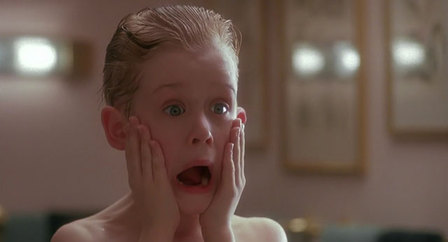
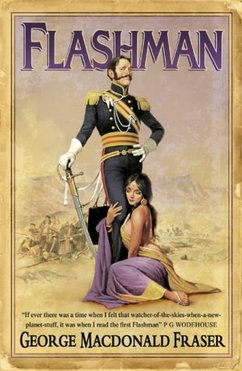
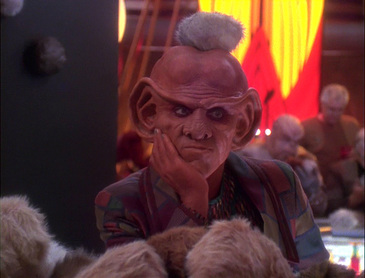
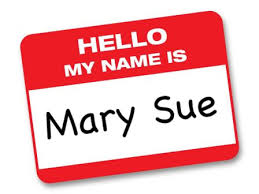
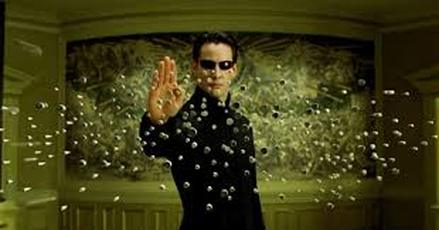
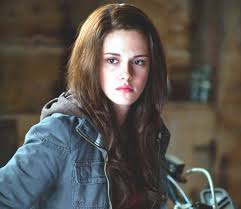
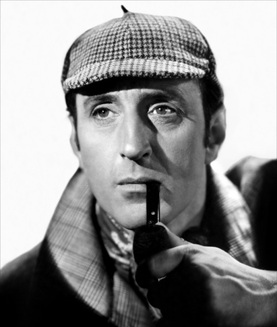
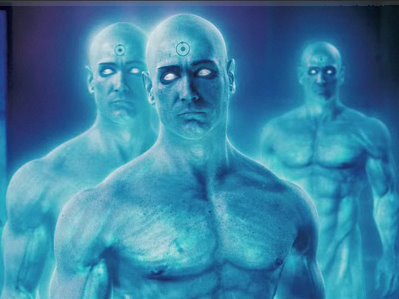
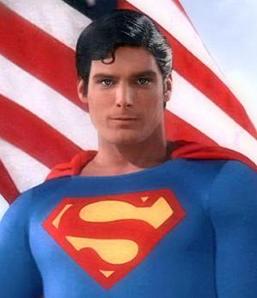

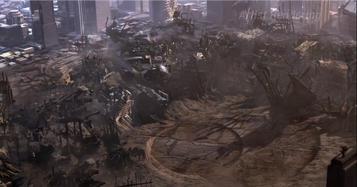
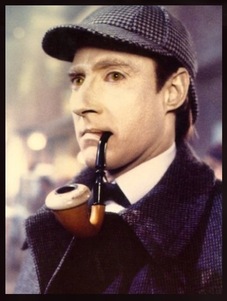

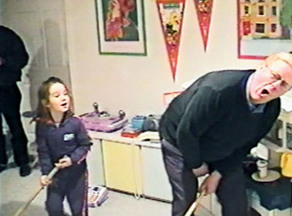
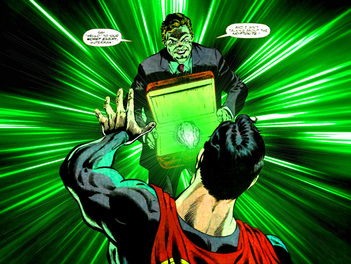



 RSS Feed
RSS Feed
